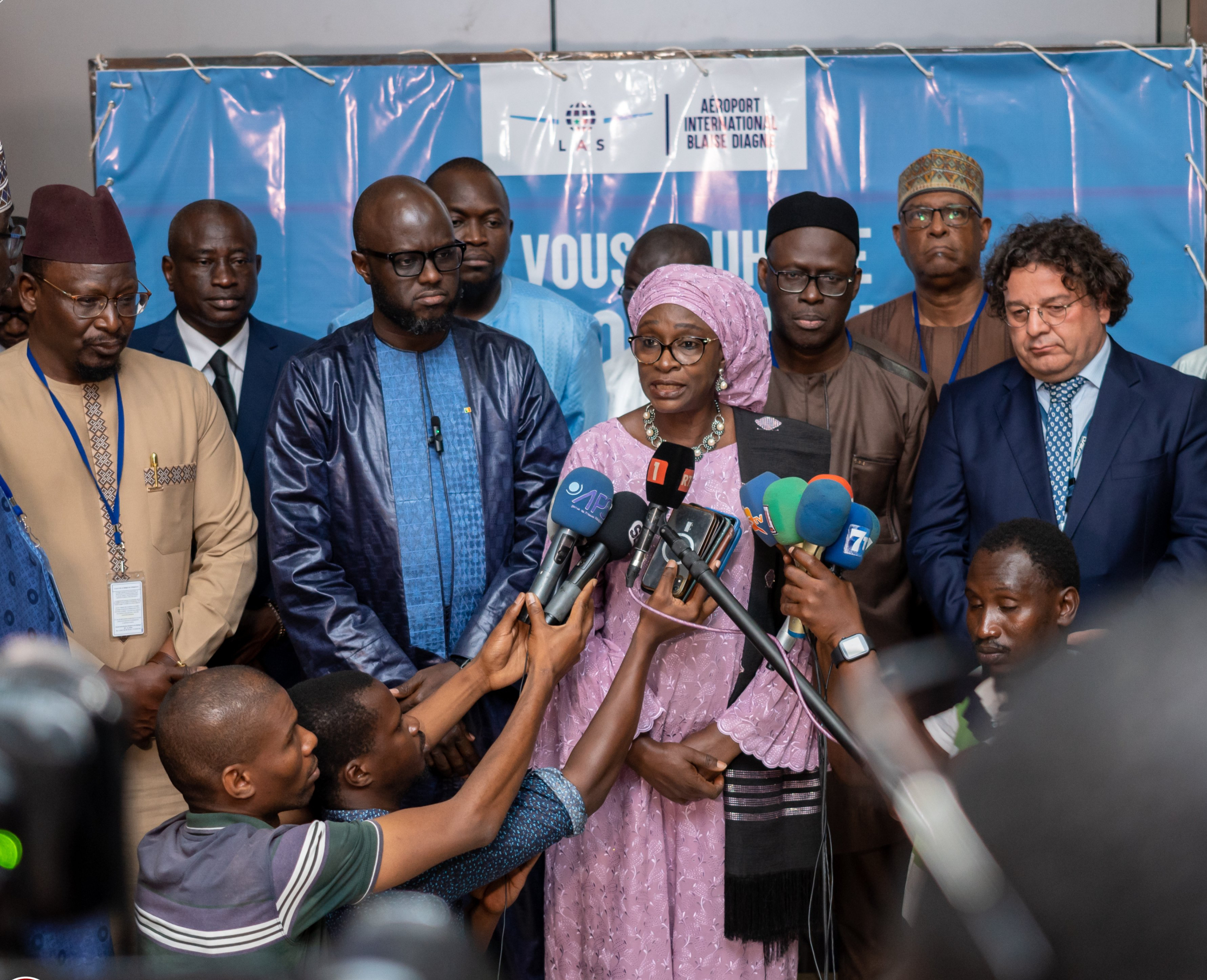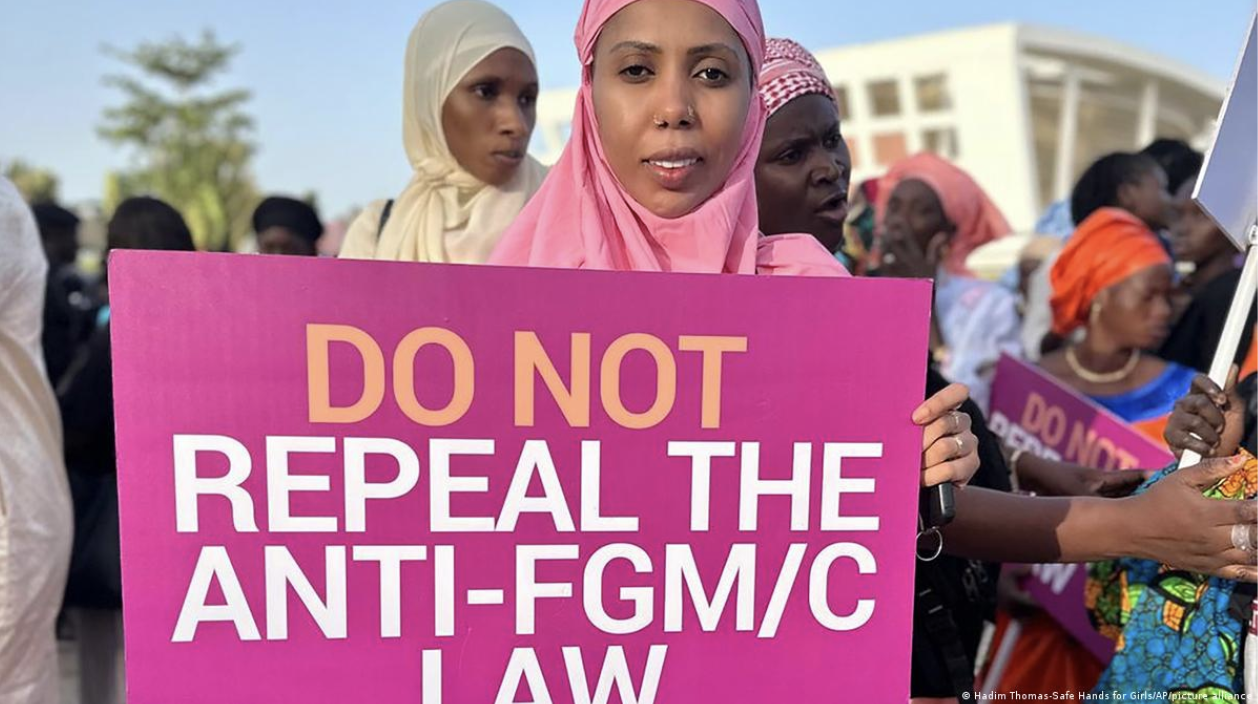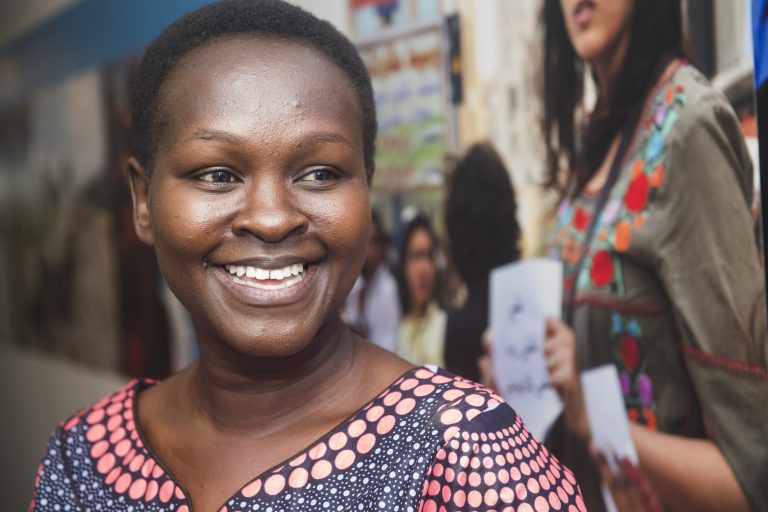We are excited to announce that Brink is now part of Africa Practice. Learn more
Since the turn of the year, Senegal has experienced an increase in popular protest and rioting, resulting in a series of deadly clashes. Much of this has been driven by firebrand opposition leader Ousmane Sonko, who has presented himself as President Macky Sall’s principal political antagonist. Sonko has consistently spoken out against the prospect of Sall seeking a third term at elections scheduled for February 2024 – even if the head of state has yet to announce such plans.
Although Sonko positions himself as a national saviour, he was accused of rape in February 2021 – a critical development that has shaped the country’s politics ever since. His arrest in March 2021 sparked a five-day riot, prompting disgruntled youth reeling from the impact of COVID-19 lockdowns to take to the streets. The rioters chanted “Trop c’est trop!” meaning “Enough is Enough!”. From that moment forward, Sonko became a popular martyr, amassing a cult following, with the mob lending credence to his crusade against President Sall.
After two years of delays, including two postponements Sonko’s rape case was always going to be highly politicised. The trial finally took place last month, triggering another round of rioting, with Sonko and his supporters maintaining that the legal process is a political witch hunt, engineered to exclude him from standing for the presidency next year. The latest wave of clashes erupted in early June after Sonko’s supporters rejected the court verdict sentencing him and his co-accused, Ndeye Khady Ndiaye, owner of the beauty salon, to two years in prison for “corrupting the youth”.
Sonko has instrumentalised the court process to serve his political ambitions, encouraging protesters to call for President Macky Sall to step down before the end of his second term in office. Back in 2021, Sonko called the case a “judicial Bermuda triangle”, accusing the president and the ruling party of colluding with the judiciary. Sonko and his backers are keen to draw comparisons with court processes against other political opponents, including Karim Wade, a former infrastructure minister, and Khalifa Sall, the ex-mayor of Dakar, but this is only part of the story.
When elephants fight, it is the grass that suffers
In all of this, the woman at the heart of the trial has been marginalised and silenced. The critical issue – rape and sexual assault – has become secondary to political sparring between the two men. Sonko and Sall have been centred in this three-year-long spectacle, while Adij Sarr, the victim has had to live in hiding against the backdrop of death threats and repeated character assassination. Senegal, like most countries in the region, is deeply religious and socially conservative. Sarr worked as a masseuse in a beauty salon – a modern industry associated with glamour and sensuality – making her an outlier in Senegalese society, which has facilitated victim-blaming.
Meanwhile, Sonko, the man that so many Senegalese young men venerate, has mocked the entire process. Since 2021, Sonko has vehemently denied the rape claim and just last week in an attempt to prove his innocence, Sonko was quoted saying “If I wanted to rape a woman, I wouldn’t choose a brain-damaged monkey”. Statements like these are appalling as they unearth the insidious aspect of rape culture, which dehumanises women.
This type of misogyny is pervasive in Senegalese society where sexual assault victims are often belittled and vilified while perpetrators take centre stage and are often let off with a slap on the wrist. The country is making slow progress towards addressing the problem. Senegal only criminalised rape in 2020, and implementing the new law has been a challenge.
There are indications that culture wars are coming to Senegal, with the population taking sides in high-profile cases. The alleged rape of a 15-year-old girl by the 19-year-old son of a celebrity journalist in May 2021 prompted popular protests, with Senegalese mobilising under the hashtag #JusticePourLouise. However, when, in November 2021, former Miss Senegal Fatima Dione alleged that she was raped and became pregnant during her time as a pageant queen, her revelation was criticised by the President of the beauty pageant organising committee, Amina Badiane.
Sall and positive masculinity
President Sall is no innocent bystander in these debates. Like Sonko, he has instrumentalised them for political ends. Sall has presented Senegal as a regional leader in gender empowerment. With women occupying 43% of parliamentary seats, Senegal leads West Africa in women’s political participation and is ranked third on the continent.
The Sall administration has worked with the international community to mainstream gender and women’s empowerment in public policy. In 2018, President Sall launched the HeForShe movement, presenting himself as a campaign leader – a HeForShe Champion. While serving as AU Chair, Sall hosted the second Men’s Conference on Positive Masculinity in Dakar last November. Yet, despite these apparent achievements, female activists in Senegal continue to sound the alarm.
What good is democracy if only half the population benefits?
Gender and its intersection with society and culture remains deeply political – both in Senegal and across the region. Sonko’s trial has served to empower frustrated young men and marginalise vulnerable young women. It also represents a missed opportunity to champion the rights of victims of sexual violence.
If Macky Sall comes out on top, then the judicial and democratic processes will be called into question. If Sonko comes out on top, then Senegal’s women will have to wrestle with the idea that their country chose a candidate who does not deeply value their contributions to society.
About the Author
Iniye Spiff is a consultant at Africa Practice, advising clients in the development sector with a particular focus on political economy, global health and gender in Anglophone and Francophone West Africa. The above represents her views and not those of Africa Practice. She can be contacted at [email protected].
Image credit: Fatou Warkha Sambe via Open Democracy
Proud to be BCorp. We are part of the global movement for an inclusive, equitable, and regenerative economic system. Learn more



